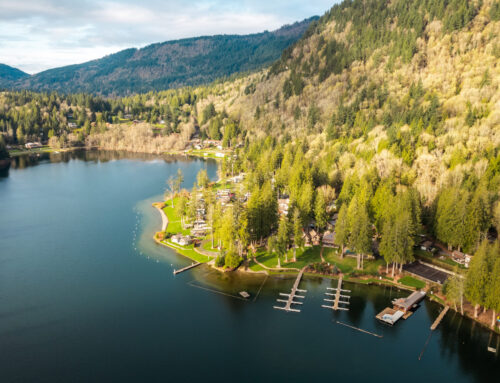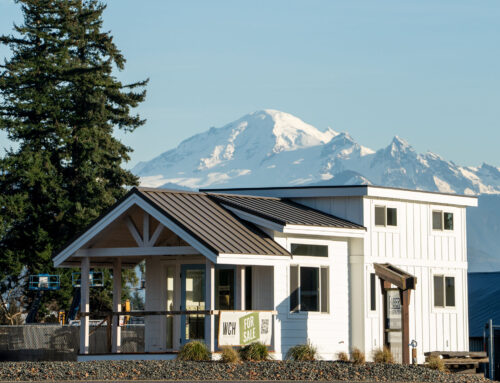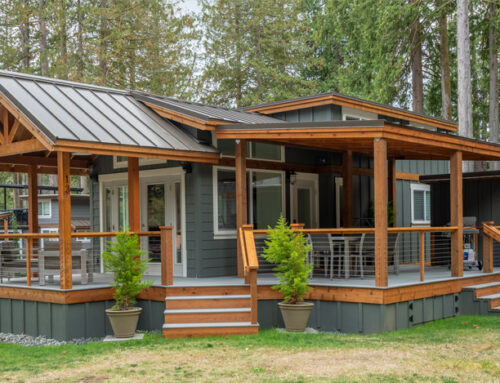Tiny homes represent freedom, simplicity, and the dream of owning a home without a massive mortgage. But behind the charm and minimalism of tiny living lies a web of zoning laws, safety codes, and building regulations that can quickly become overwhelming. The best way to navigate these legalities? Buying from a licensed and certified builder.
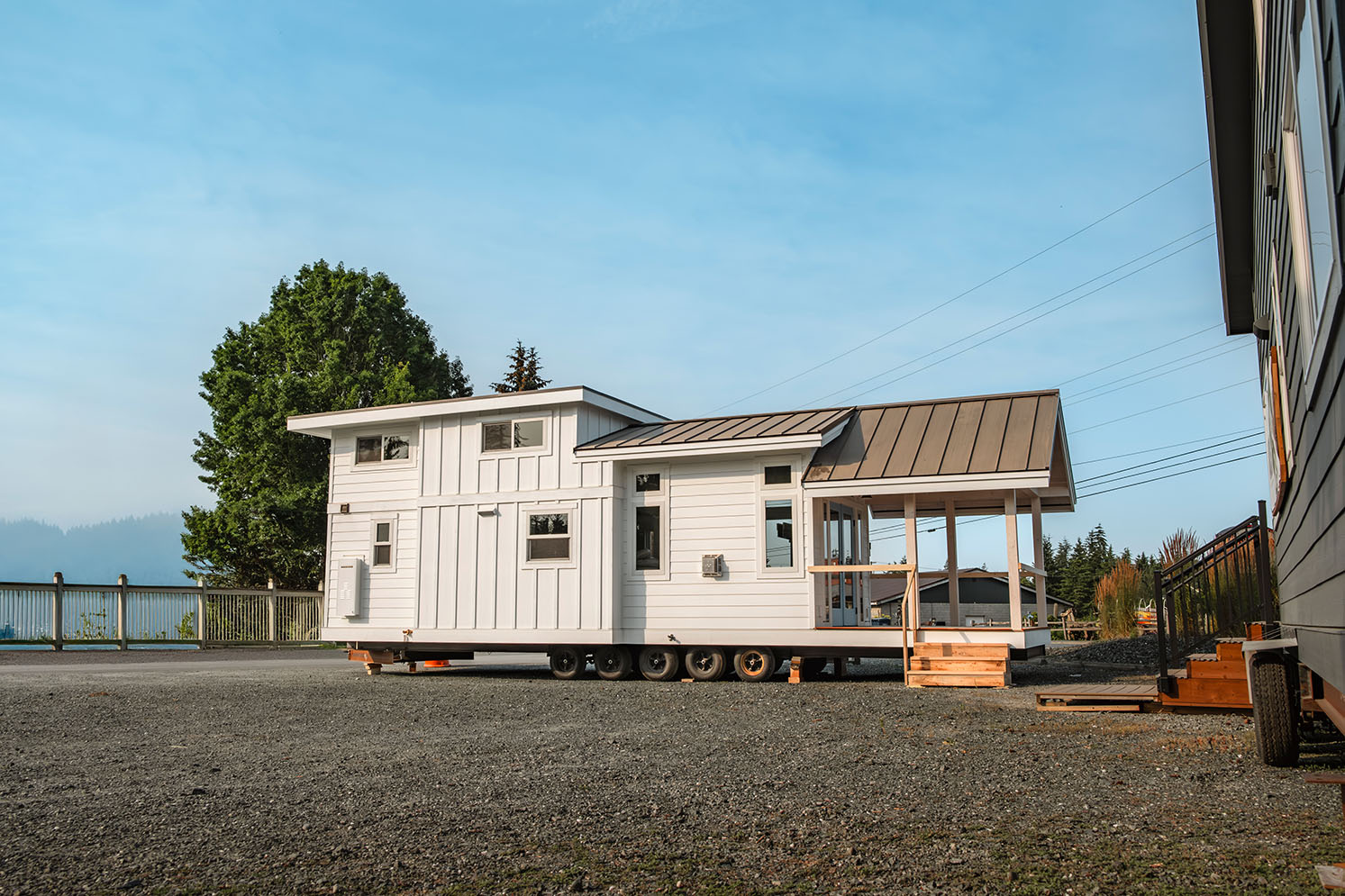
The Complicated Landscape of Tiny Home Regulations
Unlike traditional homes, tiny homes often fall into a gray area when it comes to legality. Some jurisdictions classify them as recreational vehicles, others as accessory dwelling units (ADUs), and some don’t have clear rules at all. Navigating these differences takes time, patience, and legal knowledge that your average homeowner usually doesn’t have.
Licensed builders, especially those approved by your state’s Labor & Industries (L&I) department or equivalent regulatory agency, are well-versed in these laws. They understand the code requirements for:
- Modular Homes
- Accessory Dwelling Units (ADUs)
- Park Models
- Tiny Homes
Working with a licensed builder means you’re not just getting a home; you’re getting peace of mind.
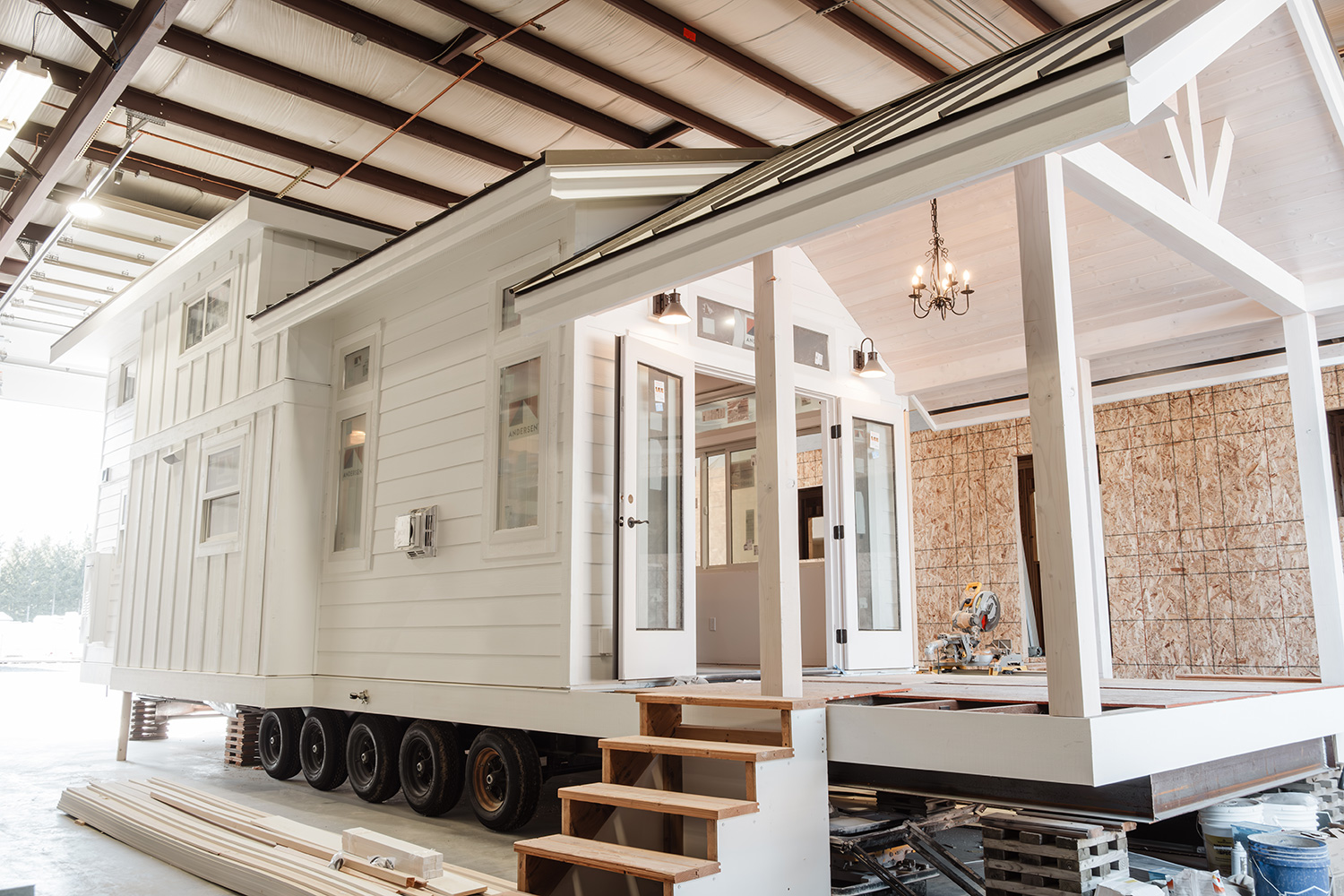
Why Being Licensed Matters
A licensed builder must follow strict codes for safety, durability, and construction standards. They’re held accountable through inspections and certifications that unlicensed builders may skip entirely. Here’s what that means for you:
Safety and Code Compliance
Licensed builders ensure your home meets structural, electrical, and plumbing standards. That reduces the risk of dangerous shortcuts, poor insulation, or faulty wiring—problems that could cost you more than just money.
Financing and Insurance Access
Banks and insurers are much more willing to work with certified homes. Without proper documentation, you may struggle to get a loan, secure homeowners’ insurance, or even register your address.
Easier Permitting and Placement
A certified tiny home is more likely to be approved for placement on your land. In areas where zoning is strict, having a state-inspected and labeled home can make the difference between a green light or a “no”.
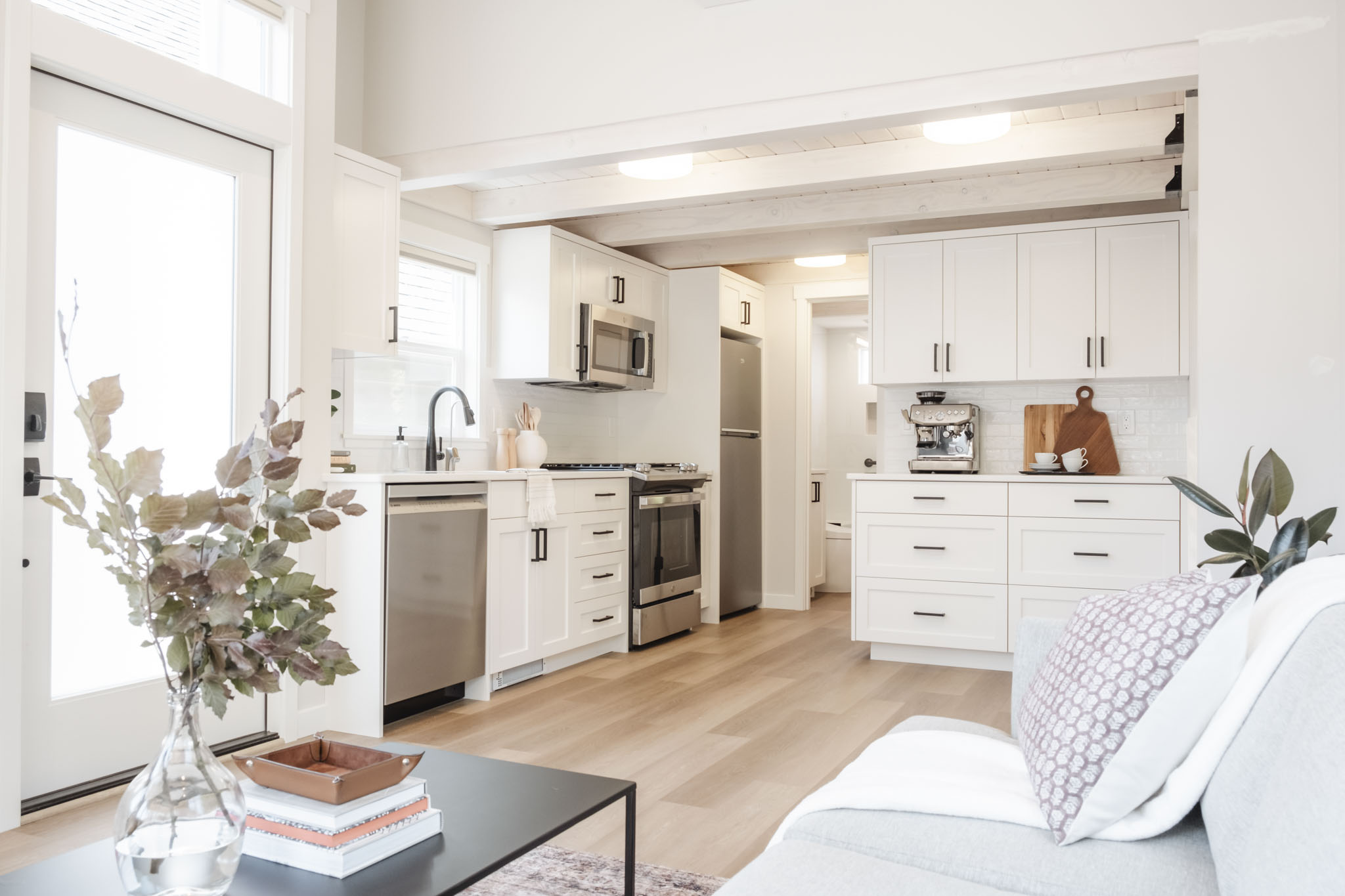
Risks of Buying from an Unlicensed Builder
Buying a tiny home from an unlicensed source may appear cheaper at first, but it often leads to bigger headaches and spending down the road.
Some of the most common issues include:
- Safety Concerns – No guarantee of proper electrical, plumbing, or structural standards.
- Expensive Fixes Later – Bringing a non-compliant home up to code can be costly.
- Low Resale Value – Hard to sell without proper inspection labels or documentation.
- Placement Issues – May not meet zoning or code requirements, making it hard to live in legally.
What to Look for in a Licensed Tiny Home Builder
When shopping for a builder, ask about:
-
State Licensing & Certification – Ensures they meet legal and safety standards (e.g., L&I approval).
-
Code Compliance – Builds to IRC, RVIA, or state modular home codes for legal placement and financing.
- Knowledge of Local Zoning – Understands where and how their homes can be legally placed.
-
Inspection Labels – Homes come with official inspection tags for easier permitting.
-
Experience & Portfolio – Proven track record with completed builds and happy customers.
-
Warranties – Offers guarantees on workmanship, materials, and systems.
-
Transparent Pricing – Provides clear, upfront costs with no hidden fees.
- Customer Reviews – Strong testimonials and reputation for quality and service.
A reputable builder will be happy to walk you through these details and if they aren’t, consider looking elsewhere.
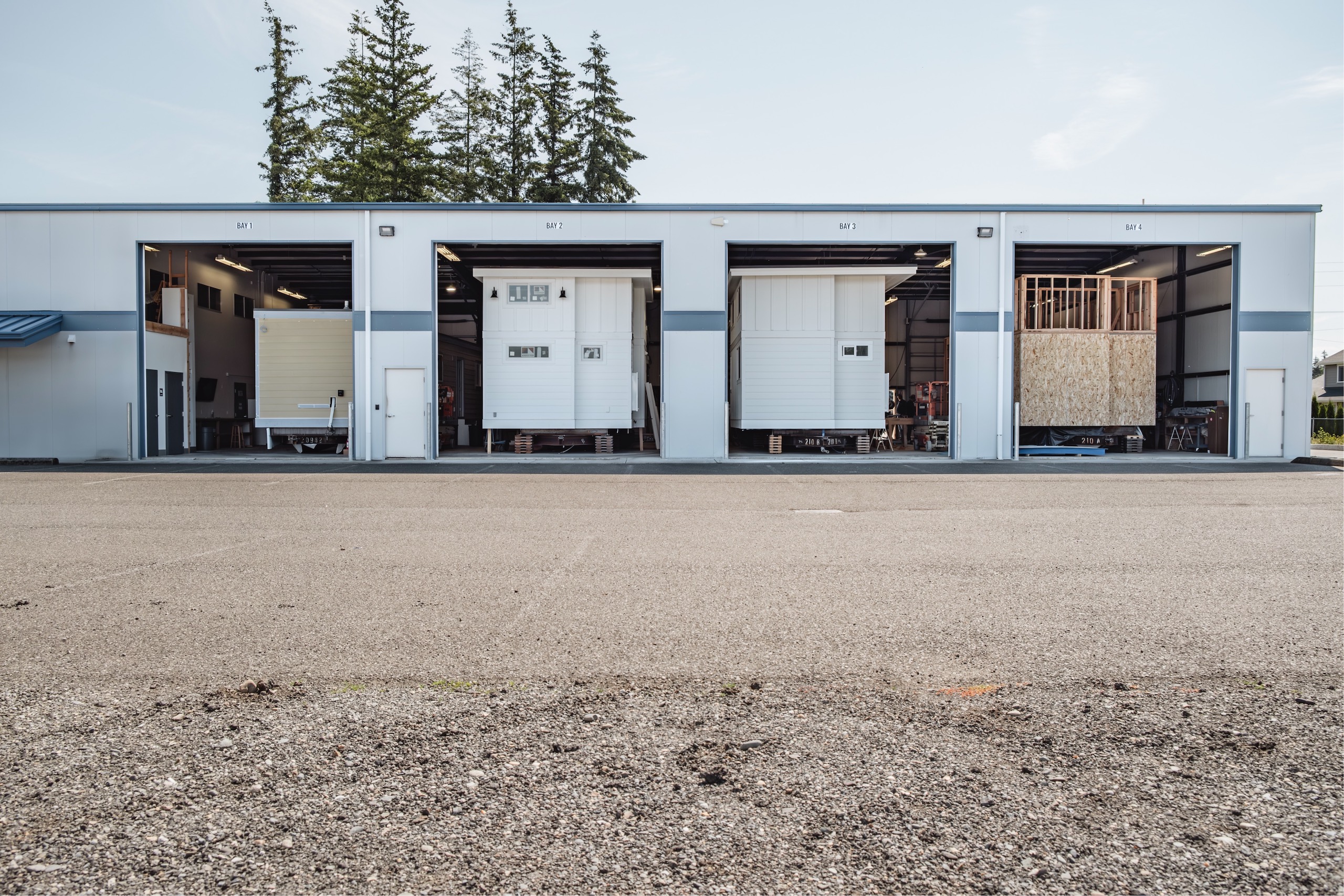
Final Thoughts
The dream of tiny home living is absolutely achievable and going about it the right way will make your experience easier and more enjoyable. Choosing a licensed, experienced builder ensures your home is not only beautiful and functional, but also legal, safe, and long-lasting.
At West Coast Homes, we’re proud to be a licensed tiny home builder in Washington State. Our homes are meticulously crafted, fully inspected, and built to meet or exceed all required standards.


